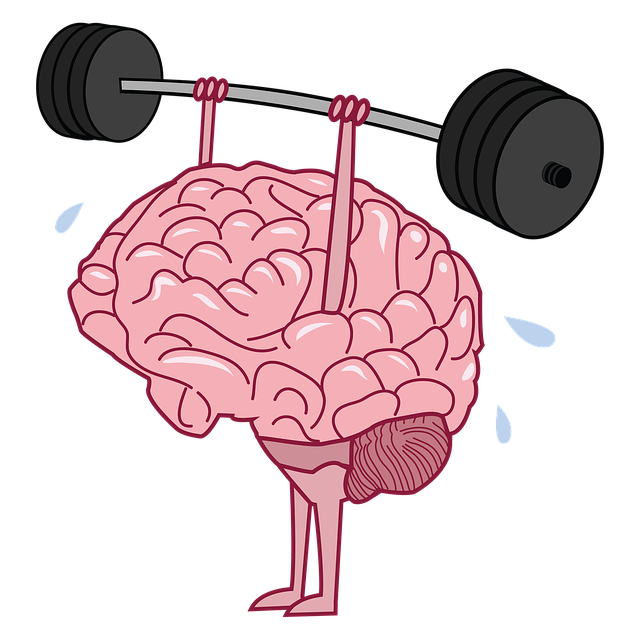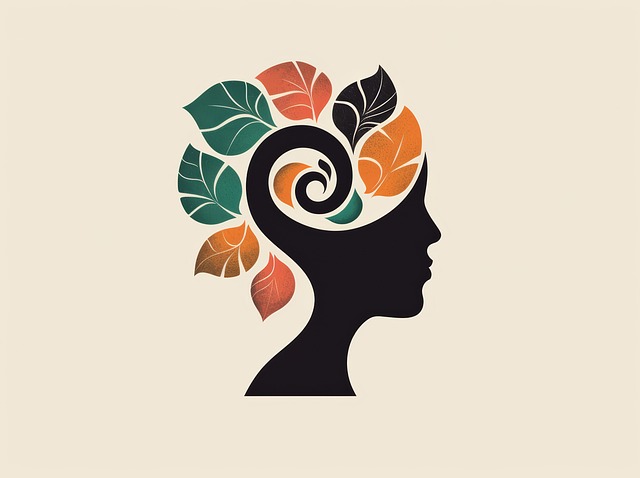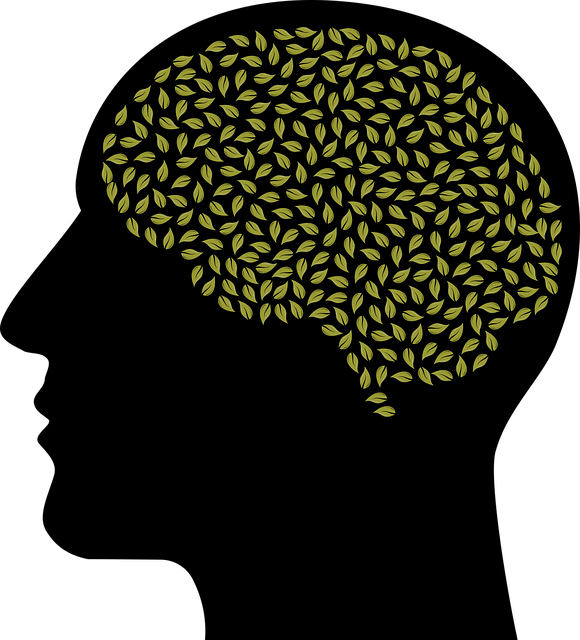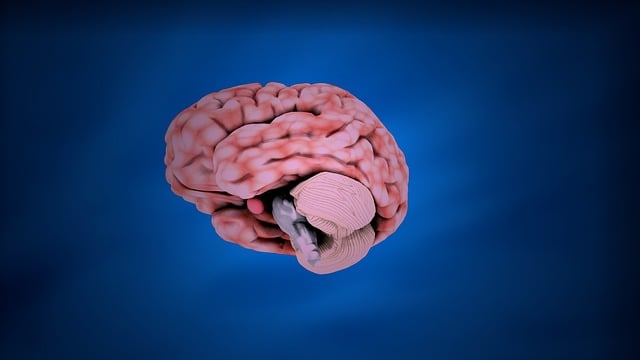Longmont Mindfulness Therapy offers a modern, holistic approach to mental health care, addressing the complex task of accurate diagnosis through advanced assessment tools and continuous professional development. They integrate diverse techniques like Stress Management Workshops, Self-Esteem Improvement programs, and Mental Wellness Coaching to enhance diagnosis accuracy and support community mental health. By combining traditional therapy with technology, data analytics, and AI-powered tools, they revolutionize practices while reducing stigma. Their focus on professional training ensures skilled healthcare providers who can recognize symptoms, differentiate conditions, and provide personalized care through evidence-based practices and cultural sensitivity.
Mental illness diagnosis accuracy is a critical aspect of patient care. However, challenges like subjective symptoms, comorbidities, and cultural biases often impede precise identification. This article explores efforts to improve diagnostic accuracy, focusing on innovative approaches such as Longmont Mindfulness Therapy, comprehensive evaluation methods, technology integration, and enhanced training for healthcare professionals. By delving into these strategies, we aim to highlight potential game-changers in ensuring more accurate and effective mental health diagnoses.
- Understanding the Challenges of Mental Illness Diagnosis
- Longmont Mindfulness Therapy: A Novel Approach
- Enhancing Accuracy through Comprehensive Evaluation
- Integrating Technology for Improved Diagnosis
- Training and Education: Empowering Healthcare Professionals
Understanding the Challenges of Mental Illness Diagnosis

Diagnosing mental illness accurately can be a complex and multifaceted challenge. The human mind is intricate, and symptoms often overlap across various conditions, making it difficult for healthcare professionals to pinpoint an exact diagnosis. This complexity is further exacerbated by the fact that individuals may present different behaviors and experiences based on their unique backgrounds, cultural contexts, and personal beliefs. At Longmont Mindfulness Therapy, we understand these challenges and strive to enhance diagnostic accuracy through a holistic approach.
Our efforts focus on several key areas, including the integration of advanced assessment tools, ongoing professional development for therapists, and fostering open communication between patients and healthcare providers. Additionally, we recognize the importance of addressing broader aspects of mental wellness, such as developing Stress Management Workshops within our organization to empower individuals with coping strategies. By combining these initiatives with programs aimed at Self-Esteem Improvement and Mental Wellness Coaching, we aim to not only improve diagnosis accuracy but also enhance overall mental health support for our community.
Longmont Mindfulness Therapy: A Novel Approach

In recent years, Longmont Mindfulness Therapy has emerged as a novel approach to enhancing mental health treatment. This therapeutic method emphasizes the power of mindfulness practices in helping individuals manage stress and promote emotional well-being. By integrating various Stress Reduction Methods and Empathy Building Strategies, Longmont Mindfulness Therapy offers a holistic solution for those seeking to improve their mental illness diagnosis accuracy and overall mental health.
The program is meticulously designed to cater to diverse populations, focusing on educating participants about the intricacies of mental health. Through interactive workshops and guided meditations, individuals learn practical tools to navigate life’s challenges with greater resilience. By fostering empathy both within themselves and towards others, Longmont Mindfulness Therapy aims to create a supportive environment that encourages open communication and understanding, ultimately contributing to more accurate diagnoses and effective treatment plans.
Enhancing Accuracy through Comprehensive Evaluation

Improving mental illness diagnosis accuracy is a multifaceted approach, and one key strategy involves adopting comprehensive evaluation methods. At Longmont Mindfulness Therapy, we recognize that mental health assessment should transcend conventional techniques by incorporating a wide range of tools and insights. This holistic view considers not just symptoms but also individual experiences, cultural factors, and coping skills development. By integrating advanced assessment strategies, therapists can gain deeper understandings of clients’ psychological landscapes, enabling more precise diagnoses.
Additionally, enhancing accuracy requires ongoing mental health education programs designed to equip both professionals and individuals with knowledge about various conditions. These educational initiatives promote awareness, dispel myths, and foster empathy. Furthermore, trauma support services play a vital role in the evaluation process, as many mental health issues stem from traumatic experiences. By addressing underlying traumas, therapists can improve diagnostic accuracy while offering targeted interventions that cater to the unique needs of each client.
Integrating Technology for Improved Diagnosis

In recent years, integrating technology into mental health practices has emerged as a powerful tool for enhancing diagnosis accuracy and improving patient outcomes, especially in Longmont Mindfulness Therapy settings. Digital platforms offer a range of benefits, from advanced data analytics to remote assessments, which can significantly aid therapists. For instance, AI-powered diagnostic tools analyze patterns in patient interactions, providing more objective insights into their conditions. These technologies complement traditional therapeutic methods by offering efficient screening processes, enabling earlier and more precise identifications of mental illness symptoms.
Furthermore, digital interventions focus on positive thinking and confidence-boosting strategies, which are crucial components of holistic therapy. By combining these approaches with Mental Illness Stigma Reduction Efforts, technology integration contributes to a more inclusive and supportive therapeutic environment. This shift not only improves diagnosis accuracy but also encourages individuals to seek help without the fear of judgment, fostering better mental health outcomes for all.
Training and Education: Empowering Healthcare Professionals

Healthcare professionals play a pivotal role in accurately diagnosing mental illness, and their skills are continually refined through training and education programs. Longmont Mindfulness Therapy, for instance, offers workshops and seminars focused on enhancing diagnostic techniques, incorporating evidence-based practices, and promoting cultural sensitivity. These efforts aim to equip practitioners with the knowledge and tools needed to recognize subtle symptoms, differentiate between conditions, and provide personalized care.
Social Skills Training, Mental Wellness Coaching Programs Development, and Stress Reduction Methods are integral components of these educational initiatives. By teaching professionals effective communication strategies and stress management techniques, they can improve patient interactions, foster better relationships, and ultimately enhance diagnostic accuracy. Such holistic training ensures that healthcare providers not only address mental health challenges but also support the overall well-being of their patients.
Mental illness diagnosis accuracy has been a long-standing challenge, but with innovative approaches like Longmont Mindfulness Therapy, comprehensive evaluations, integrated technology, and enhanced training, we can improve outcomes for those seeking help. By combining traditional practices with modern tools, healthcare professionals are better equipped to navigate the complexities of mental health, ensuring more accurate diagnoses and effective treatment plans.













